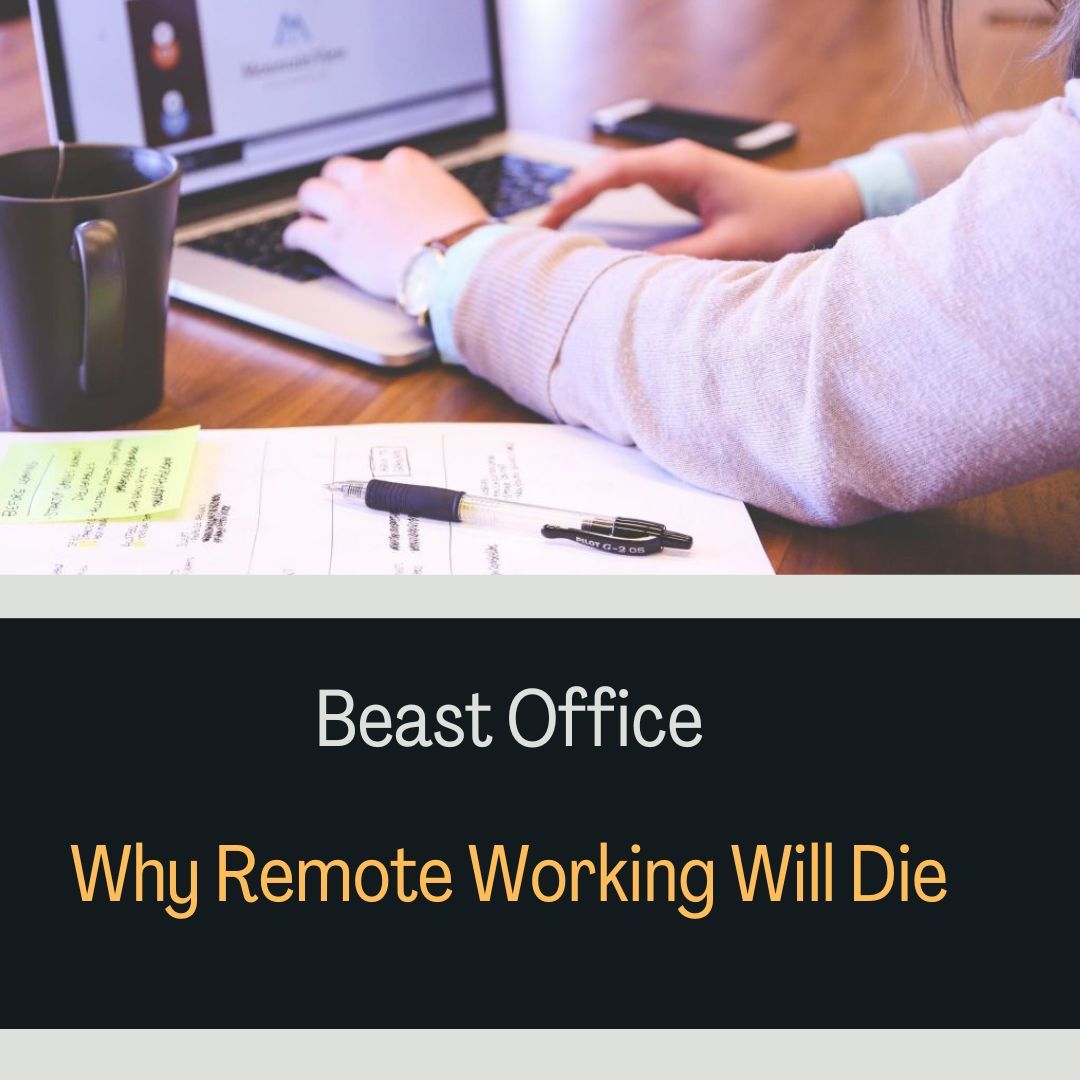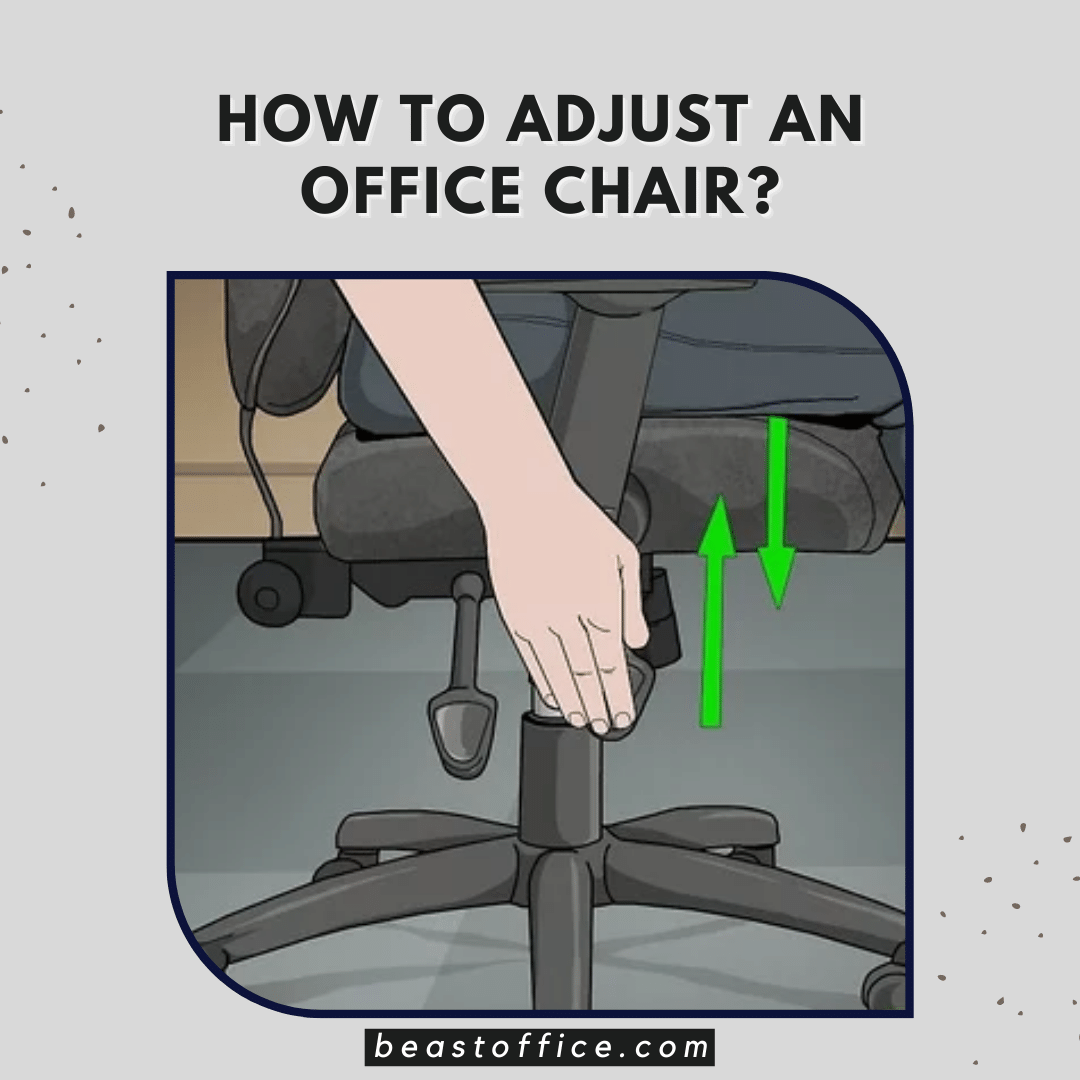But now, employees expect each industry to provide this flexible work option. According to the Gartner CFO survey, almost 74% of companies decided to continue remote work after the pandemic. However, several factors compromised the perks of remote working, and now its future seems to end.
So, why remote working will die? Some predictions and reports have brought this question to light, and here you will get along with the answers.
Why Remote Working Will Die ? - 6 Major Reasons
The main issue raised several times was finding a proper way to measure the productivity of employees working remotely. Data shows that employees with remote working options have developed better time management skills and are fully satisfied with the productivity graph. If the growth ratio was falling, why is remote working still popular among people? So, the future of telecommuting seems unclear.
Here are some major reasons and challenges that can specify why remote working will die.
Lack of Self-Discipline
Remote working isn’t for everyone. Some people will find it more productive and ideal, but many get easily distracted during working hours.

If you can’t focus on a thing for longer and get distracted, remote work might not benefit you. It requires a lot of self-discipline to make work-from-home smooth.
Most of the time, employees work more than working hours, and they don’t find any distinction between work and rest. If by any chance you have to travel while working, you will spend the most time in front of the screen and miss many enchanting sights on the way to your destination.
Frequent breaks, social media distractions, and irregular sleep and awake cycle are the main reasons that can cause remote working to die.
In an era where remote working is facing new challenges, learn how to navigate career transitions with our guide on 'How to Tell Your Boss You're Quitting'.
Imperfect Work-Life Balance
If you haven’t organized work hours, there is a high chance you will be working more without noticing your physical health. Most of your time will pass at the work desk without realizing your eating and sleeping schedules.
You will face high-level management problems if there are no fixed time boundaries. You may delay work one day and panic the next day to meet the deadlines. So instead of stressing out, leading to burnout, try to build a balance between work and life.

Collaboration & Communication Conundrum
The office environment is conducive to interacting with colleagues, supervisors, and SMEs to get quick answers to your questions. Whenever you face a problem, you can ask any office professional to clear all confusion. Open discussions in the cafeteria or hallway meetings help you get to know all new people at the workplace.
But this social interaction and collaboration never reach the same level in remote working. You will rely more on social apps like Slack to get an idea of office updates and miss the chance to interact.
The self-realization of working in isolation may make you feel lonely, but it may not bother you if you are an introvert. If a toxic office environment can disrupt your mental health, loneliness can also lead to anxiety.
Management Issues
The role of a good manager is to keep the employees motivated to deliver excellent performance. But how is a manager supposed to manage remote employees? This often concerns managers when they can’t see what their employees are doing.
Managers often admit that they sometimes forget to assign work to remote employees, which can compromise their career objectives. Remote working will soon die if there are no ways to build relationships with people who influence the employee's career.
Productive Outcomes of Hybrid Working
Fully remote work means your presence in the office isn’t required even for a day, while hybrid working is another option that has outlined better outcomes. Many companies are permitting hybrid work options, which benefit employees by offering some days to work at the office and some days from home.
There is no compromise in the productivity among hybrid workers, and almost 53% are more than happy with this option. So, remote working will possibly be replaced by hybrid working, which is becoming more common.
Slow Career Progression

Employees with full remote working options sometimes receive slow career progression, especially when starting their careers. With little advancement, they learn things that help them work better without needing monitoring.
Therefore, most US companies offer hybrid working jobs instead of fully remote. The employee comes to the office three days a week and works from home for the remaining days.
Also, remote employees get less favor in promotion, raised salaries, and utilizing company resources.
Technical & Other Challenges
Employees are often stuck in challenging situations where they have to get work done by utilizing some technicalities. If they lack the knowledge, the task can delay.
Usually, bosses can not estimate the devotion of their employees toward work if they work remotely. Remote workers often miss the brain-storming sessions and decision-making scenarios if they are not included through telecommunication.
What Are The Long Term Effects of Remote Working

According to research, there are some mixed results found about the long-term effects of remote working. Though it provides job satisfaction, quality time with family, and flexible work hours, remote work also makes employees feel isolated, lose connection, and lacks proper leadership and management.
The workers find it hard to integrate socially with the company’s team and colleagues. One major deteriorating negative impact of remote working is the continuous development of poor health habits. The most difficult part is to build a routine and strictly follow it.
What Will Be The Future of Remote Working
There is the majority of people still love and are making great progress through remote working. What if remote working will not die in the future?
Poor routine, improper management, and lack of attention might be the attributes of some people, but many disciplined and focused people are forever planning to work remotely.
If you are personally interested in remote work and follow all the norms of working professionally. In that case, you will have better mental and physical health, get a chance to spend more time with family, feel satisfaction, and build opportunities to enhance creativity and productivity.
Final Thoughts
It is difficult to validate When remote working will die, but how and why it can die are clear. The benefits and drawbacks of remote work are obvious. Though its existence seems compromised due to several challenges, as long as the online world exists, it is hard to predict if remote working will die.
If you truly want to enjoy all perks of remote work, freelancing is an ideal option and worth striving for.








